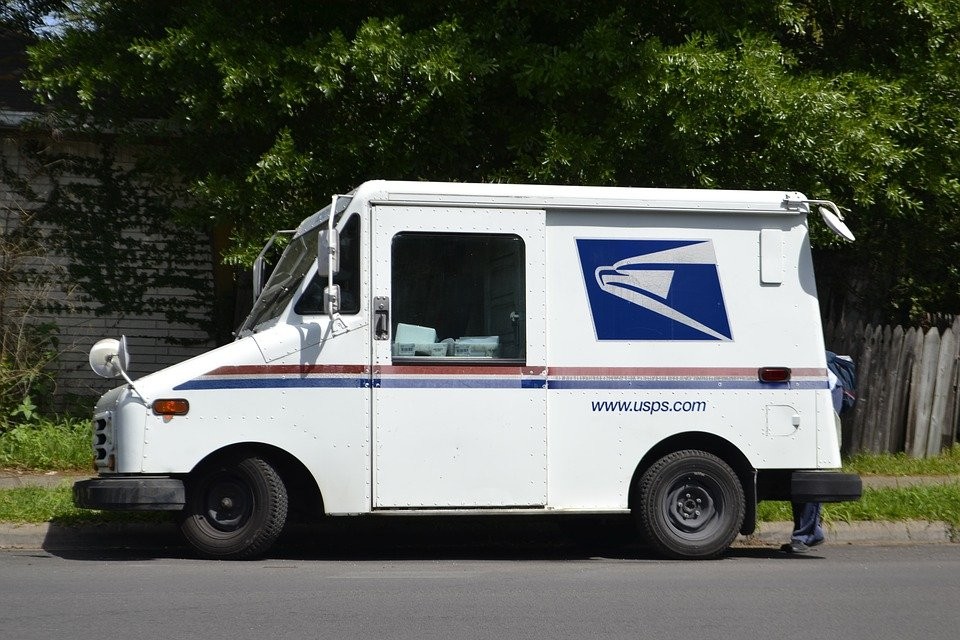Over A Dozen States Taking Legal Action Against The USPS
A total of 16 states have come together to take legal action against the USPS over concerns relating to the incoming fleet of mail trucks.
This article is more than 2 years old

Ever since the United States Postal Service (USPS) announced its plan to roll out the next generation of mail trucks it has been met with both controversy and scrutiny. The criticism stems from whether or not the incoming fleet meets both state and federal environmental impact standards. The USPS already has had two lawsuits filed against them that allege that the incoming fleet of mail trucks fails to meet the required environmental standards. Now a third, filed collectively by 16 states, has emerged. The latest suit also alleges that the USPS failed to properly account for the impact that the new trucks will have on the environment.
California, Connecticut, Delaware, Illinois, Maine, Maryland, Michigan, New Jersey, New Mexico, New York, North Carolina, Oregon, Pennsylvania, Rhode Island, Vermont, and Washington have aligned to take legal action against the USPS. Over the next decade, the USPS is planning to roll out a fleet of new vehicles. The incoming fleet, as it stands now, will consist of 90% gas-powered trucks and 10% electric trucks, as outlined by current Postmaster General Louis DeJoy. The aforementioned states are asserting that this plan is inadequate given that these federally funded vehicles typically remain on the road for decades (The oldest trucks in the existing fleet are 30+ years old). According to WHYY, the agency overtly failed to do a proper environmental review under the guidelines outlined in the National Environmental Policy Act (NEPA).
“They’re working to replace the largest civilian fleet in the world. The scope of this is massive and will undeniably have a lasting impact on our environment. Which makes the fact that the process was hastily and sloppily done all the worse,” expressed Pennsylvania Attorney General Josh Shapiro. The sloppy part that Shapiro is referring to is how the USPS conducted its Environment Impact Statement (EIS) evaluation. Instead of evaluating their plan before putting it into motion, they put their plan into motion and then followed up with an EIS. “This is a highly unusual move. The purpose of the environmental review is to inform the Postal Service’s decision not to rubber stamp a plan it already made,” explained Scott Hochberg, who is the staff attorney for the Center for Biological Diversity.
Furthermore, Hochberg also pointed out that the USPS used the fact that it found 5% of its routes were inadequate to support electric vehicles as an excuse to purchase less. “In the EIS, USPS said that 5% of its routes were not suitable for EVs because of length or other considerations, but it never analyzed a 95% EV alternative,” said Hochberg. The Environmental Protection Agency (EPA) has echoed the sentiments expressed in the triad of lawsuits, calling the USPS’ environmental assessment “seriously deficient.”
In response to the allegations, the USPS has maintained that it has done its due diligence, focusing on the fact that its incoming fleet will include 165,000 electric-powered trucks. “The Postal Service conducted a robust and thorough review and fully complied with all of our obligations under the National Environmental Policy Act,” reiterated USPS spokesperson Kim Frum. Frum also mentioned the agency’s belief that the lawsuits do not take into consideration the Postal Service’s unique requirements. “Similarly, those criticisms turn a blind eye to our unique service requirements, which necessitate that we deliver mail to delivery boxes on posts,” asserted Frum. It remains unclear as to when the outstanding lawsuits will be officially heard in court.




